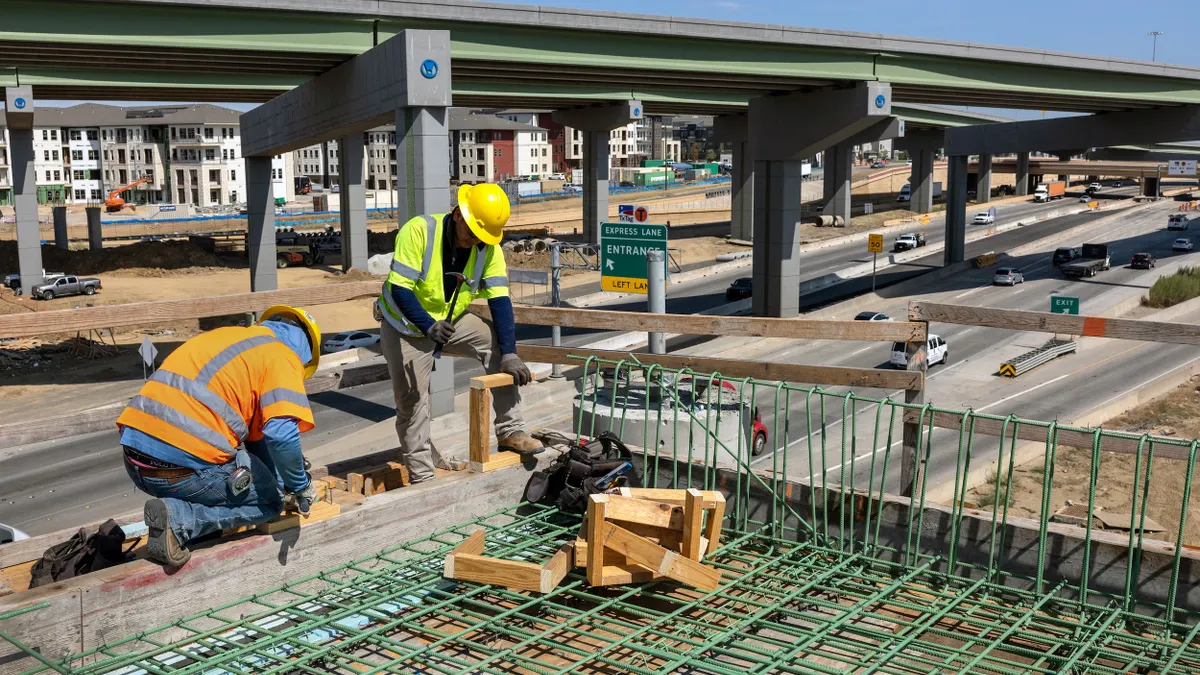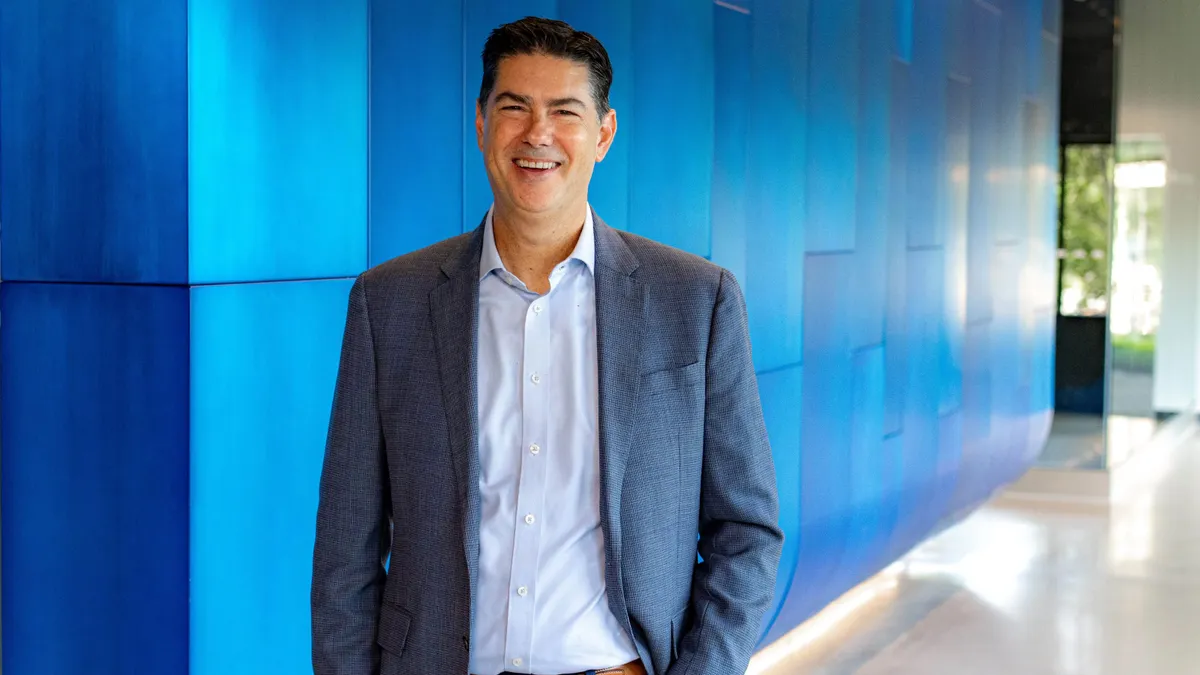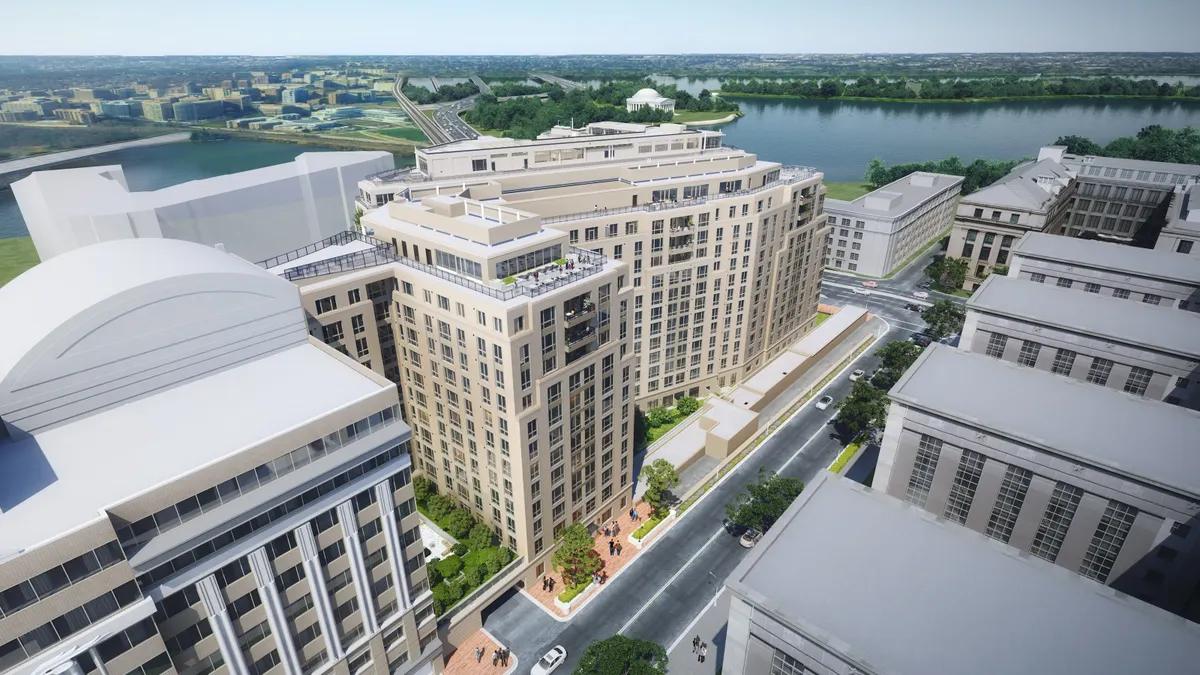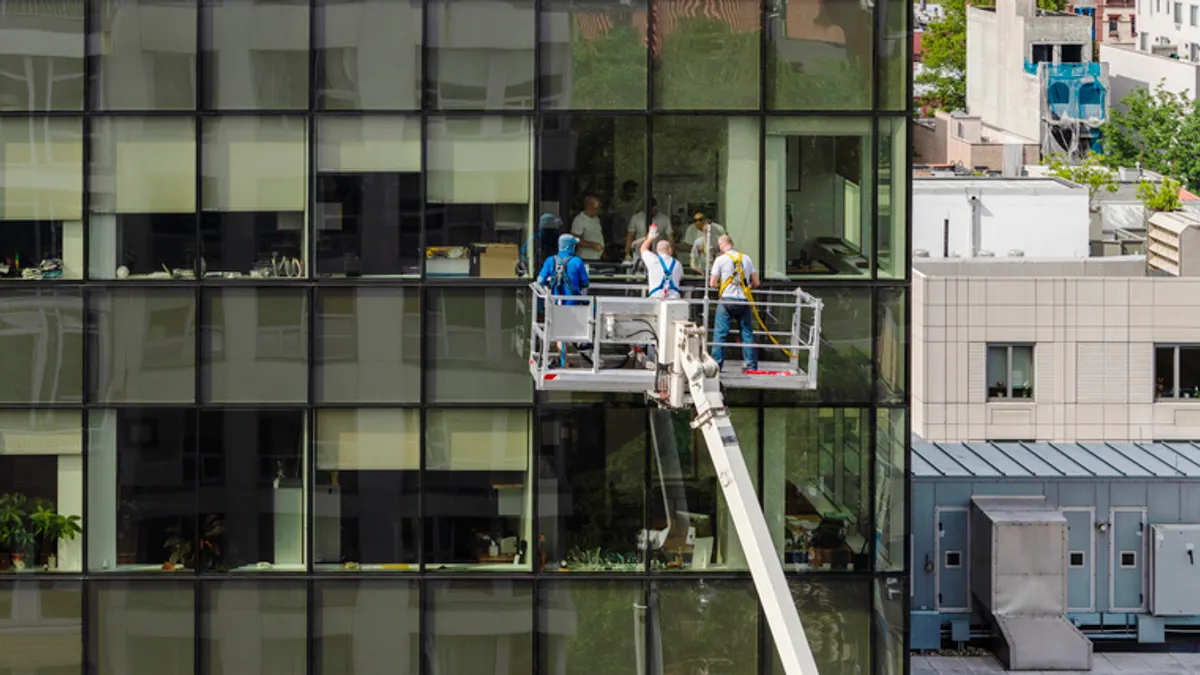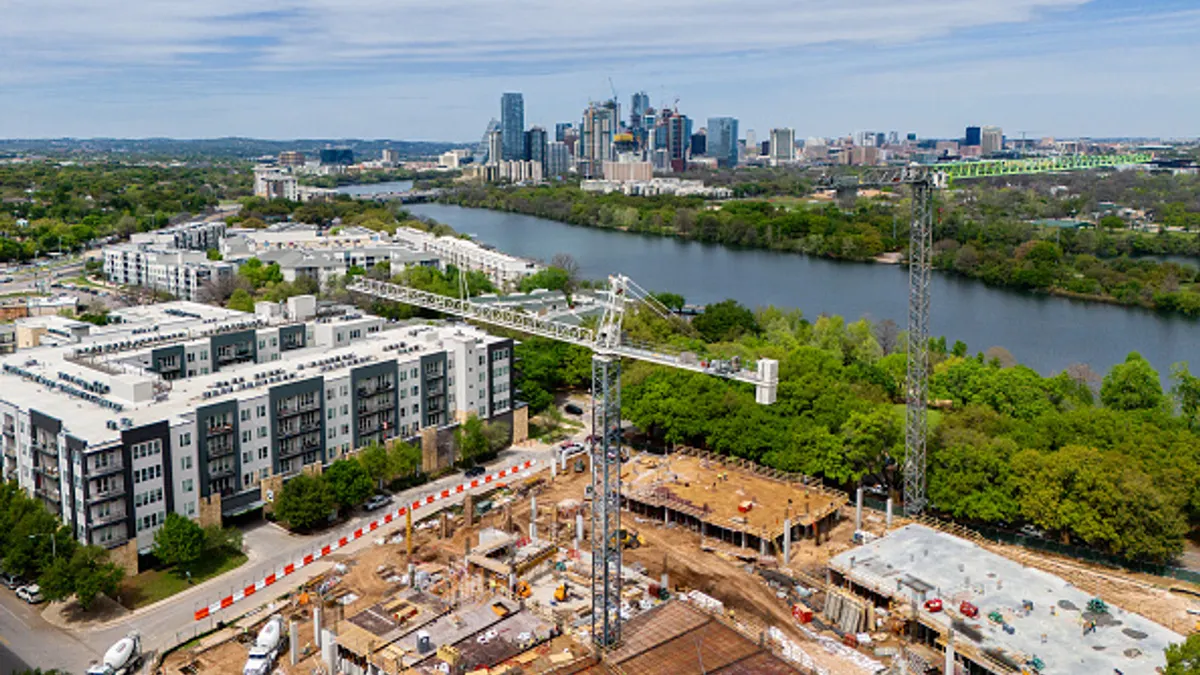This story is the second in a two-part series looking at the ramifications of a Biden win on the contractors and subcontractors that are helping to build the U.S.-Mexico border wall. Click here for Part 1.
When the Trump administration started planning its program of wall replacement and new construction at the Mexican border, the political pushback was immediate. In fact, the opposition to building the border wall started during President Donald Trump's 2016 campaign after he introduced the plan, insisting that the U.S. would force Mexico would pay for it.
Once the government started taking proposals for construction, state and local agencies began issuing stark warnings to contractors that they would be banned from doing work in their jurisdictions if they participated in wall construction. Some went as far as promising to exclude those companies that even bid on one of the controversial projects.
San Francisco was one of the first cities to promise that border wall contractors and vendors would not be considered for future contracts. Officials from other cities like Los Angeles; Austin, Texas; Oakland, California; and Tucson, Arizona, joined the chorus, saying that the border wall project is divisive and would cause harm to both immigrant and nonimmigrant residents.
“In Austin we build bridges, not walls,” said Mayor Steve Adler in 2018 when the city council there passed its ordinance.
In response, construction employer organizations like the Associated General Contractors of America called on the U.S. Attorney General’s office to act against those agencies that attempted to block contractors from bidding on public projects solely because of their involvement with the border wall.
Campaign promises
Now, two years later, President Trump is up for reelection after overseeing the construction of 370 miles of barrier wall and with plans to build hundreds more, according to the White House. But, if Democratic presidential candidate Joe Biden wins the election, he has vowed not to build any more of the wall.
In this scenario, should contractors or other firms that have provided services for the border wall still be concerned about being blacklisted from state and local work?
If it’s just a matter of contractors disclosing their involvement for the sake of transparency, said Jordan Howard, director of the Associated General Contractors of America's federal and heavy construction division, then there probably wouldn’t be any legal issues because that information is publicly available anyway.
At the federal level, there has to be a rational basis for denying a contractor the ability to participate in a federal project, said attorney Scott Heimberg with Akin Gump Strauss Hauer & Feld LLP in Washington, D.C. That being said, however, the contracting officer has flexibility in deciding who is considered a responsible bidder, and, if a contractor feels it has been treated unfairly in the procurement process, it could challenge that decision.
At the state and local level, he said, whether or not a contractor could be denied a role in one project based on participation in another depends on each jurisdiction’s procurement laws. But even state and local governments would most likely have to provide an acceptable rationale for keeping a contractor locked out of bidding.
Looking ahead
As far as blacklisting contractors that have participated in legal, federal projects, Howard said, the AGC believes that would be unconstitutional. The organization has not yet heard of anyone being blacklisted at the state or local level for participation in the border wall project.
But, to a certain degree, these “name and shame policies” did damage to contractors because they probably kept some from bidding on wall projects altogether, said Brian Turmail, vice president of public affairs and strategic initiatives at the AGC.
When it comes to the potential for damage to border wall contractors’ reputations by the publicity these cities have stirred up, said Brian Fraley, owner of Fraley Construction Marketing, the general public tends to have a short memory.
“Time definitely takes the sting out of bad PR,” he said.
But that doesn’t mean the issue will not be revived at some point in the future, Fraley said, in order to smear pro-border wall candidates for office, especially if a contractor is active politically.
“Contractors should always be prepared to go on the offensive in response to a smear campaign,” he said. “Better yet, they should invest in PR on an ongoing basis to build up their reputations for those times when the arrows start flying.”





